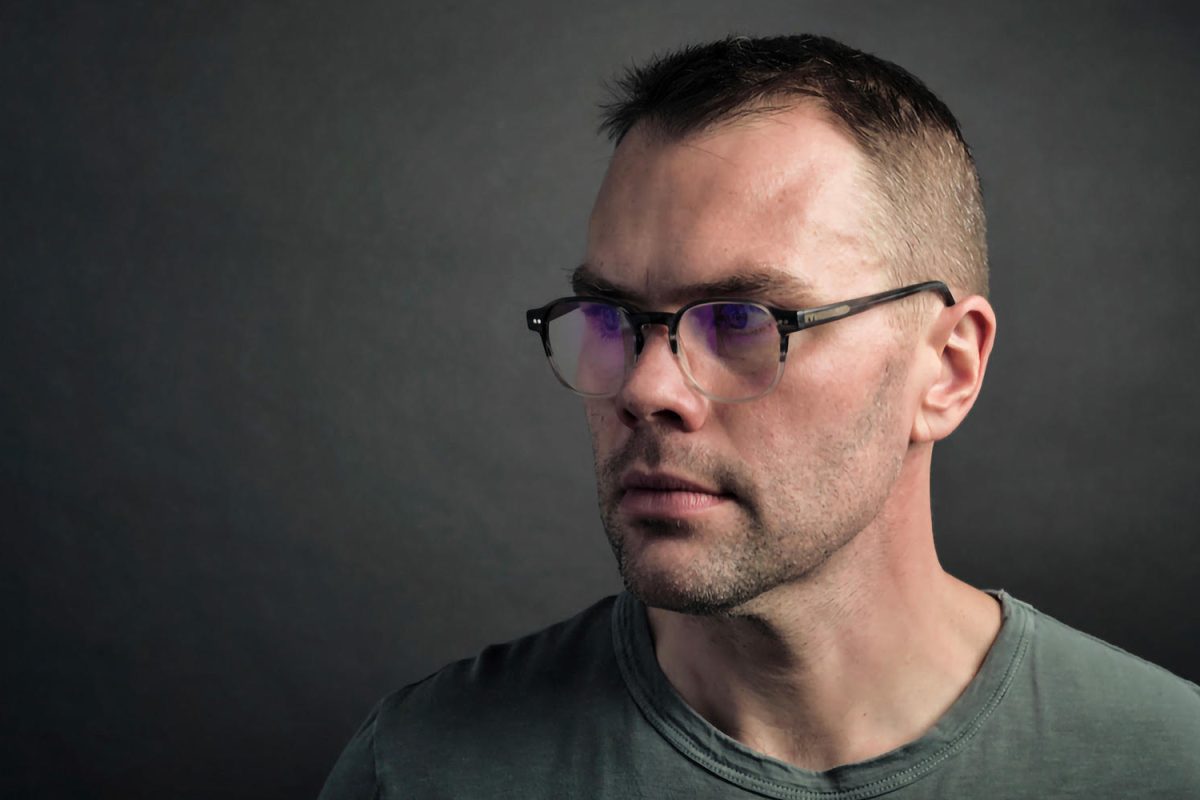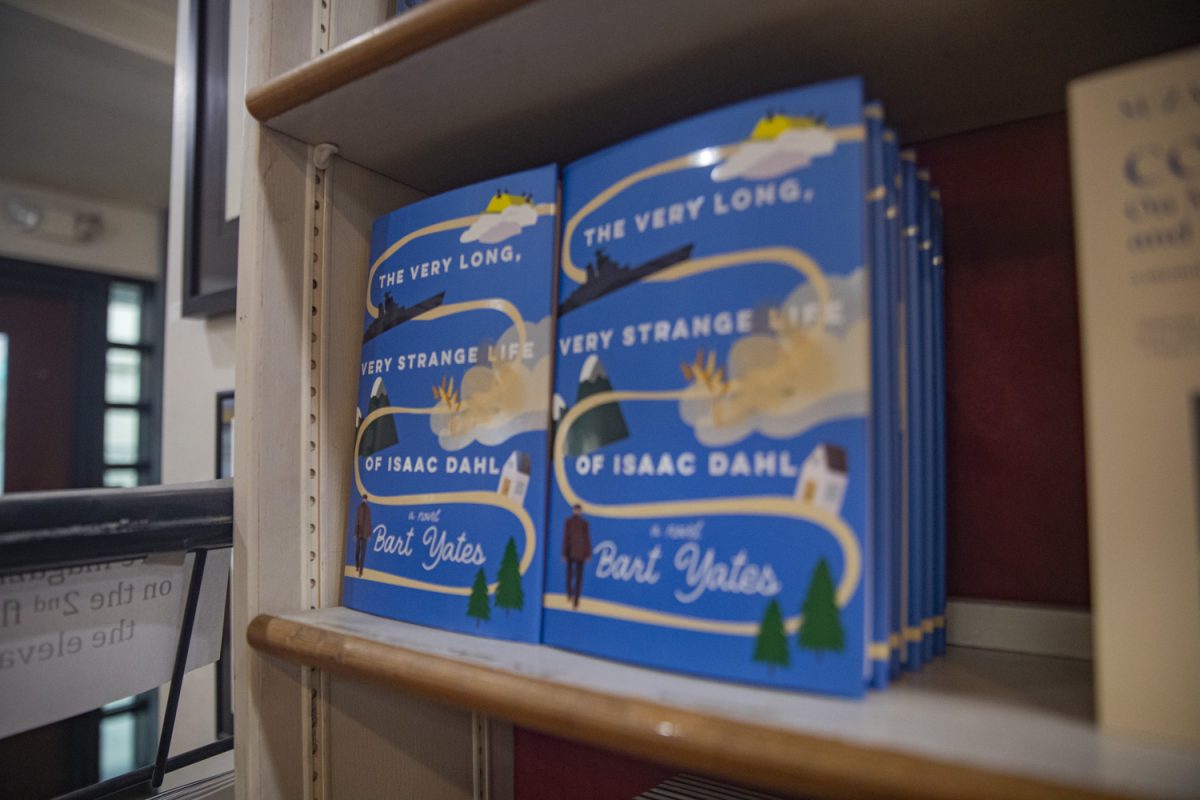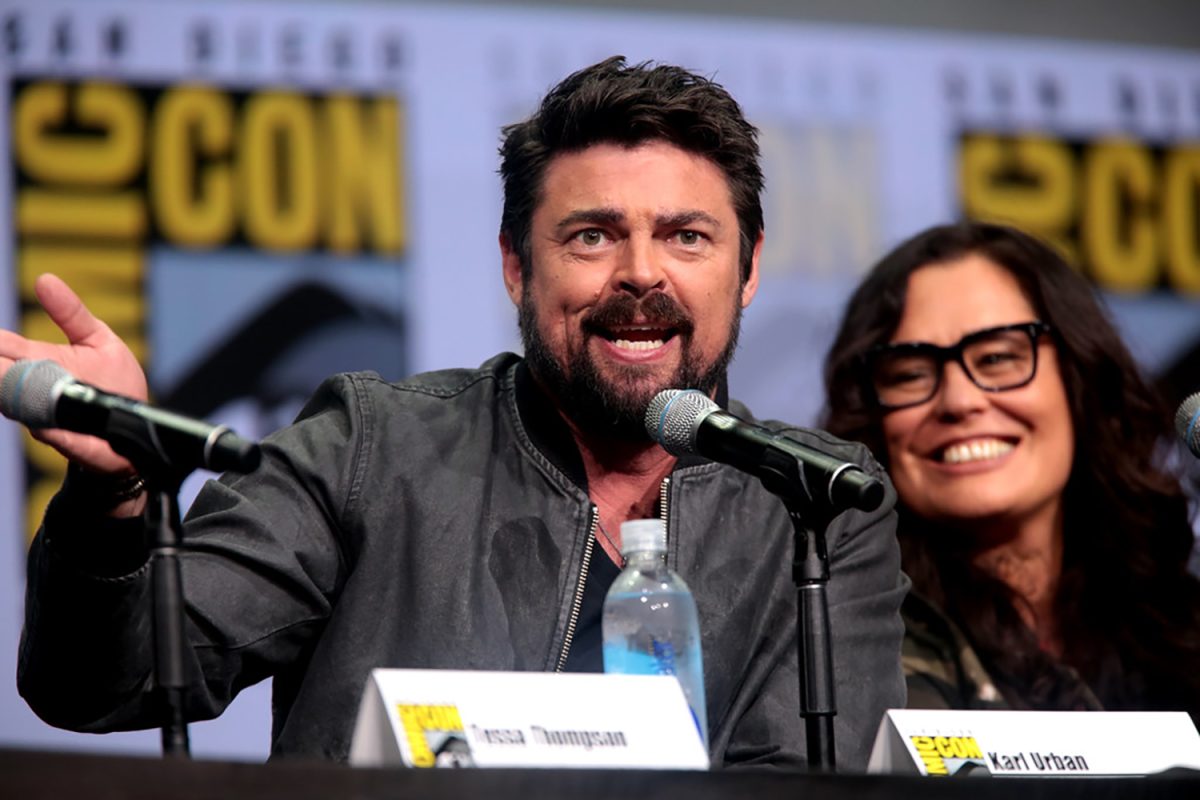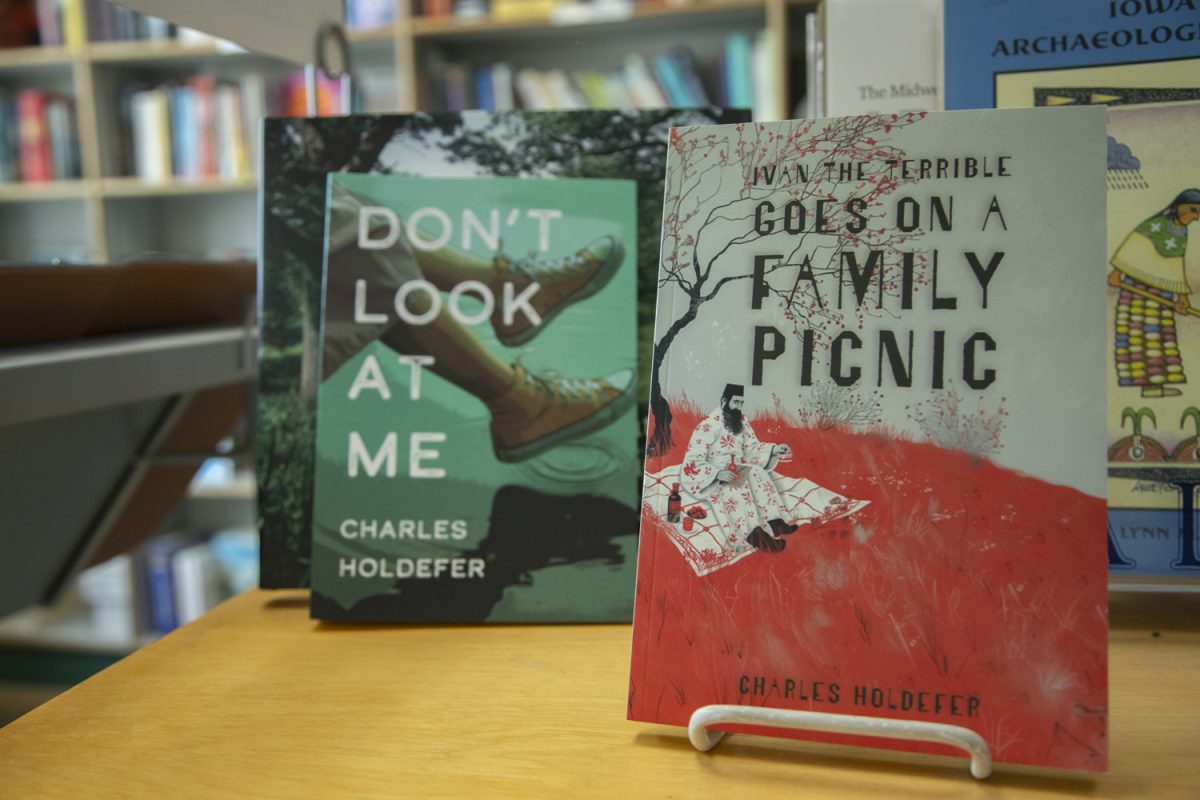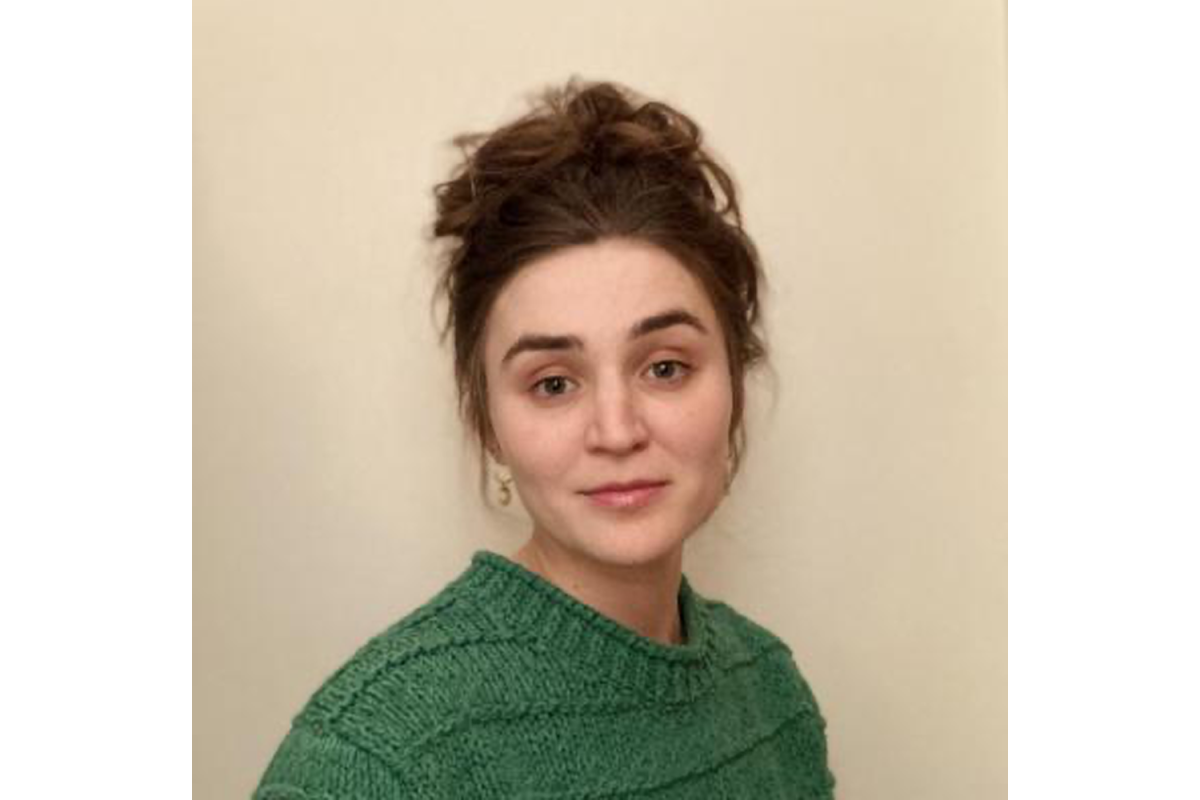Writer of the Academy Award-winning play-turned-movie “The Whale,” Samuel D. Hunter is also a 2007 alum of the University of Iowa’s Playwrights Workshop.
Not only has Hunter experienced exceptional success as a playwright post-graduation, he has also managed to break into the film industry with his first project being directed by Darren Aronofsky.
With the recent debut of his play, “A Case for the Existence of God,” at Iowa City’s Riverside Theatre, it was extremely fitting to have Hunter speak on behalf of that play and his work, as well as his writing process, achieving success in New York, and asking the questions we simply don’t have the answers to.
The Daily Iowan: What is your preparation like before you put your pen to page?
Samuel D. Hunter: It usually starts with a question. I normally don’t want to write a play that says a singular statement like ‘war is bad’, because then every scene is going to be ‘war is bad’, that’s like a bell you’re hitting over and over but starting with a more open-ended question allows you to explore anything. With “A Case for the Existence of God” I think it’s more than one thing, but there was definitely a guiding question of, ‘How can I use a secular language to talk about the necessity of grace and definitely why is it so hard to be a middle-class person in this country right now?
How does an Iowa Playwrights Workshop graduate go on to win an Obie Award only five years later, then receive the MacArthur Genius grant only three years after that?
A lot of it is luck and being at the right place at the right time, but I always tell my students that you need to fall in love with the process. I never got bored of it. In New York, my first play wasn’t received very well at all so when you look at my portfolio everything seems linear, but that’s not including the failure, embarrassment, and bad reviews, of which there were plenty. Almost no one has their first play coming out of school to see big success, and if it does, I think it’s setting you up for failure because if your first play coming out happens to catch fire, there’s no way your second play will do the same thing.
How do you think your time at the UI has benefitted you both socially and professionally?
I went to New York University for my undergrad and came straight to Iowa City after that, and I was actually a little worried about it because I had fallen in love with New York City, and so much of my education for being a playwright was just living in NYC and seeing a bunch of plays. So, I was worried about moving back to a place that felt more similar to where I grew up. What I found there, though, was incredibly valuable. I had what could almost be seen as a three-year writer’s retreat.
How do you think the culture of Iowa City benefits the writers who receive their education here?
Sometimes I teach at NYU or Columbia University and it’s surprising to me when I find these students in Master of Fine Arts programs, and they really haven’t read what’s canon. In Iowa, I just find that students know the mechanics, they know their stuff better and it’s because they’re hungrier. I think some kind of complacency can come with living in New York being surrounded by plays but in Iowa City it’s like people really focus on plays as literature … it’s such a writing university so it feels like it’s really in the air out there.
What drove you to create a play that is so isolating like “A Case for the Existence of God”?
My impetus for “A Case for the Existence of God” was my husband and I doing two things on top of one another — buying a house and adopting a child. These are middle-class goals, owning a two-bedroom apartment and having one child. These aren’t big asks, but they were by far the hardest thing we’ve ever done in our entire lives. It was such a process, the number of times we needed to be fingerprinted or let random people into our homes and the mountain of paperwork we had to do. It was really like a new full-time job for a good year, just trying to convince this country that we are capable of being parents and so in ““[A] Case [for the Existence of God]” I wanted to illustrate that.
What draws you to write about this type of destructive individual?
I’m kind of tired of the hero’s narrative. Incredibly self-possessed people doing incredibly sexy things is not really my experience of the world. I don’t think that’s the experience for most people. I actually think it’s kind of a virus to write middle-of-the-road characters who kind of effortlessly walk through life. The portion of Americans finding themselves on the losing end of life is ever-increasing, and I think these are people worth talking about.





